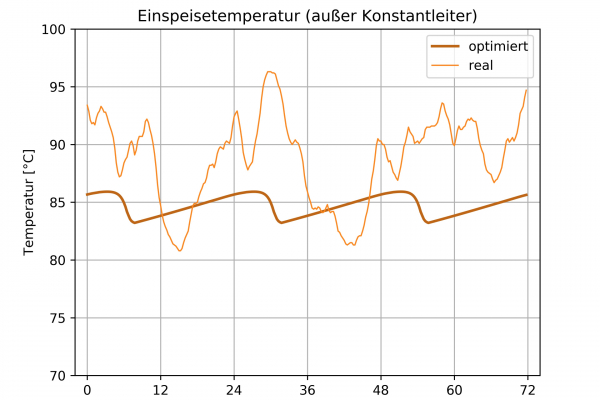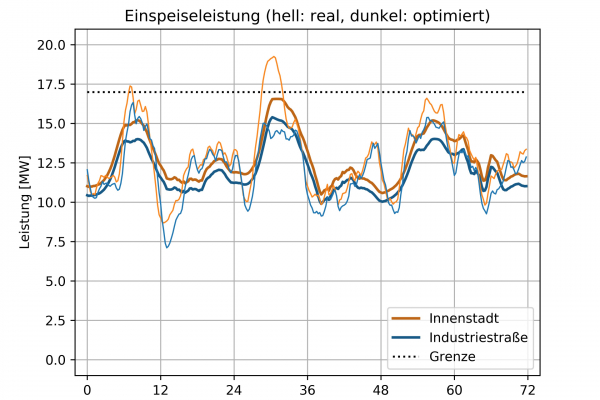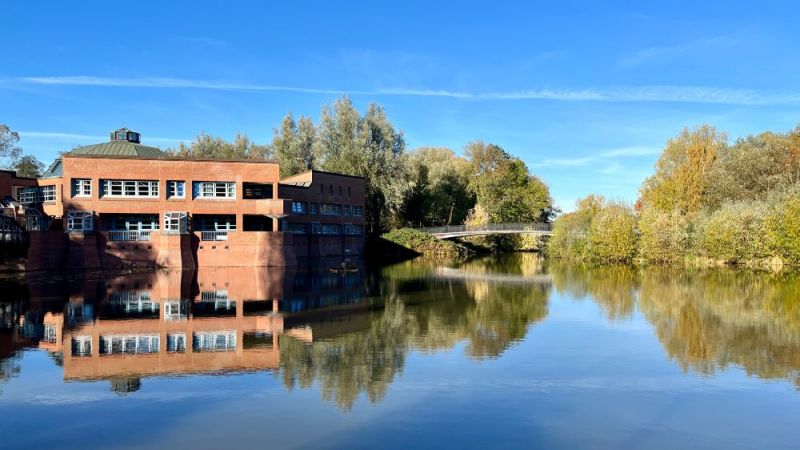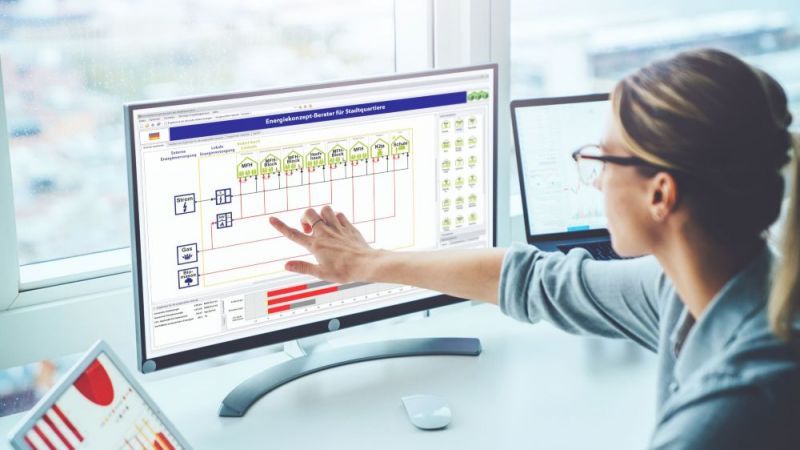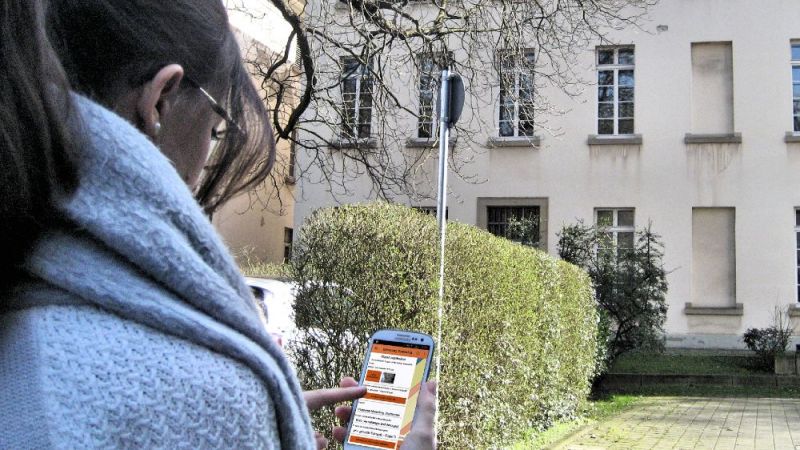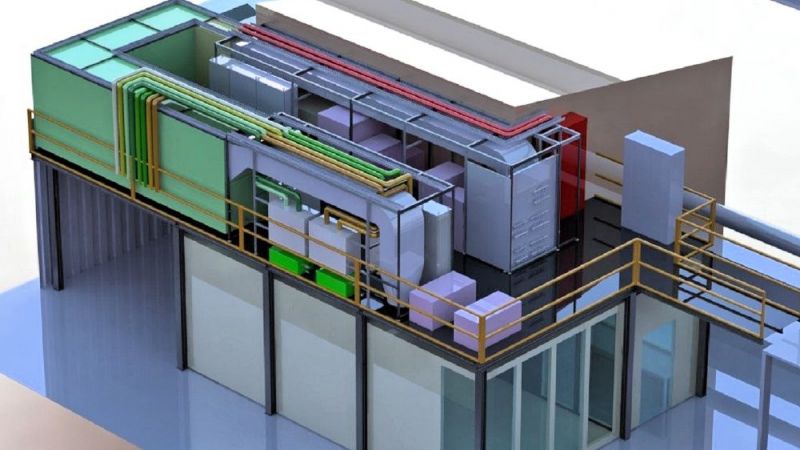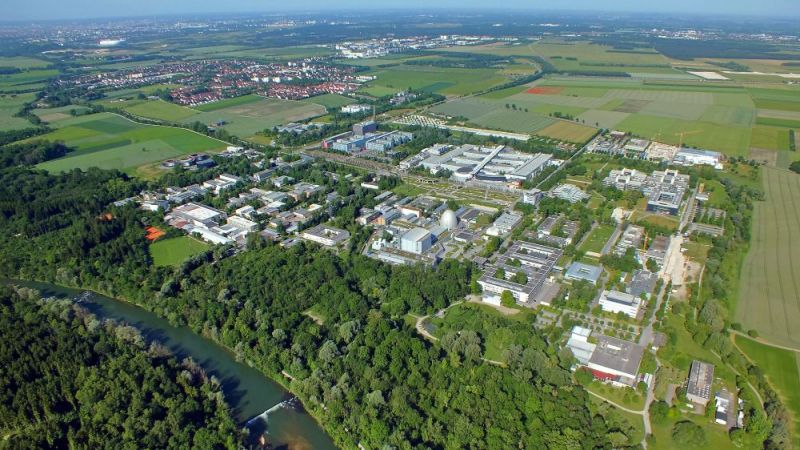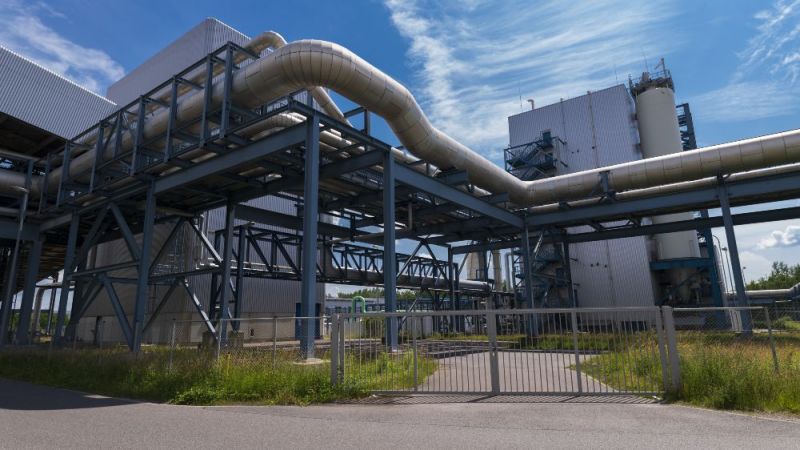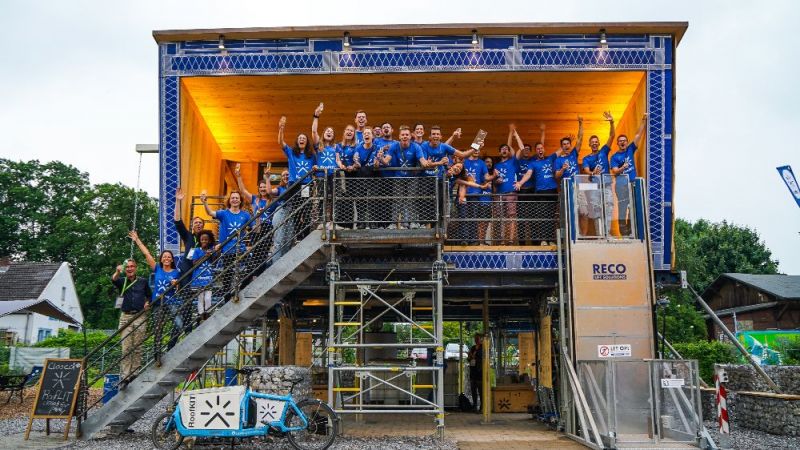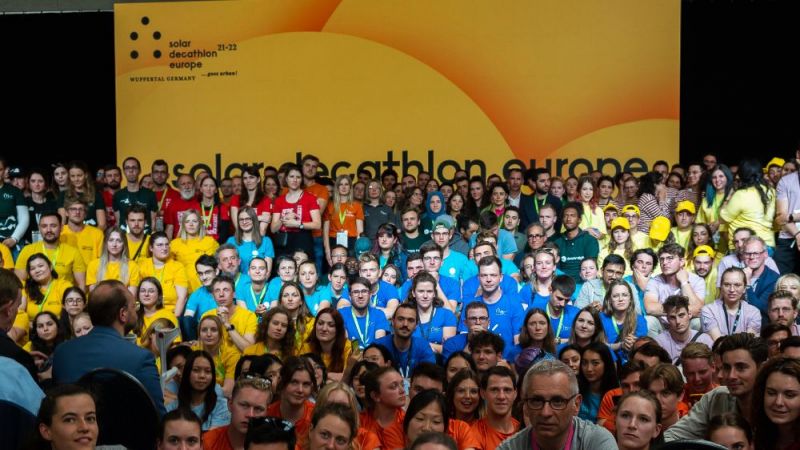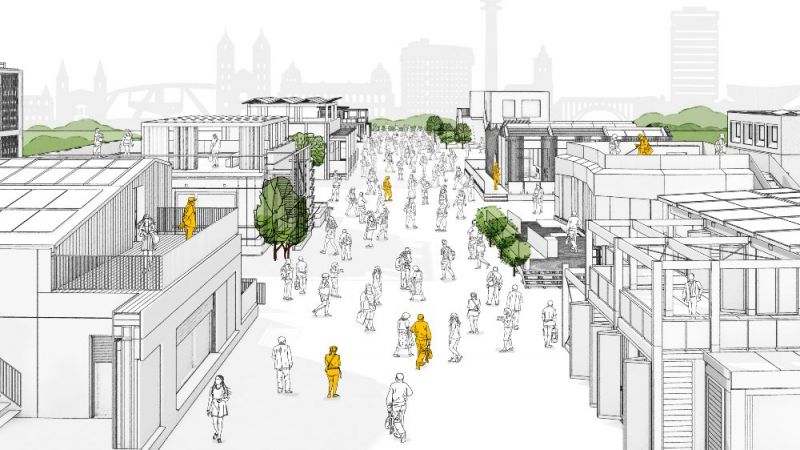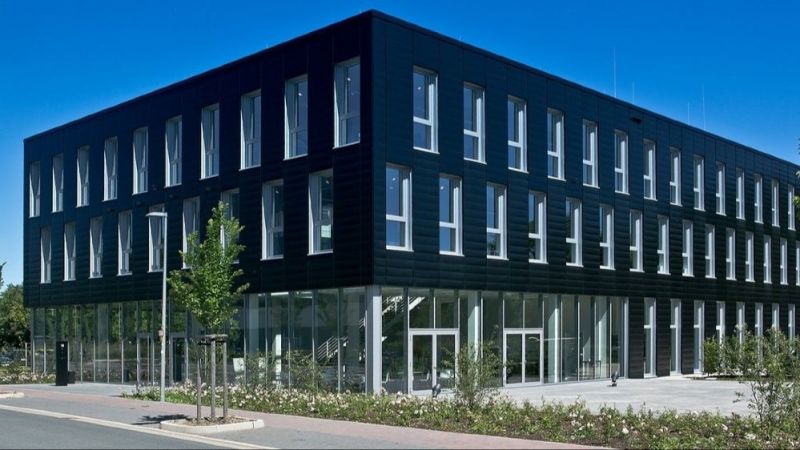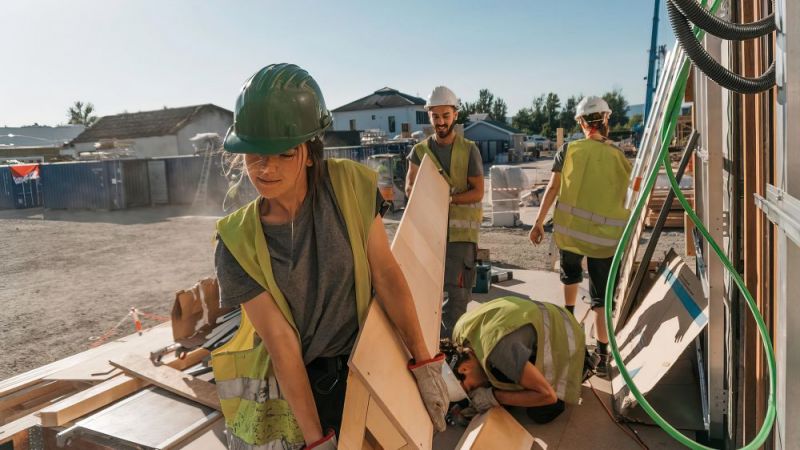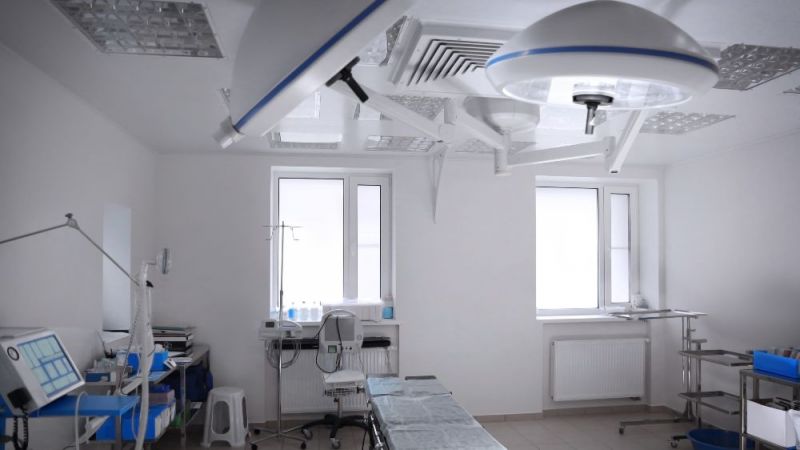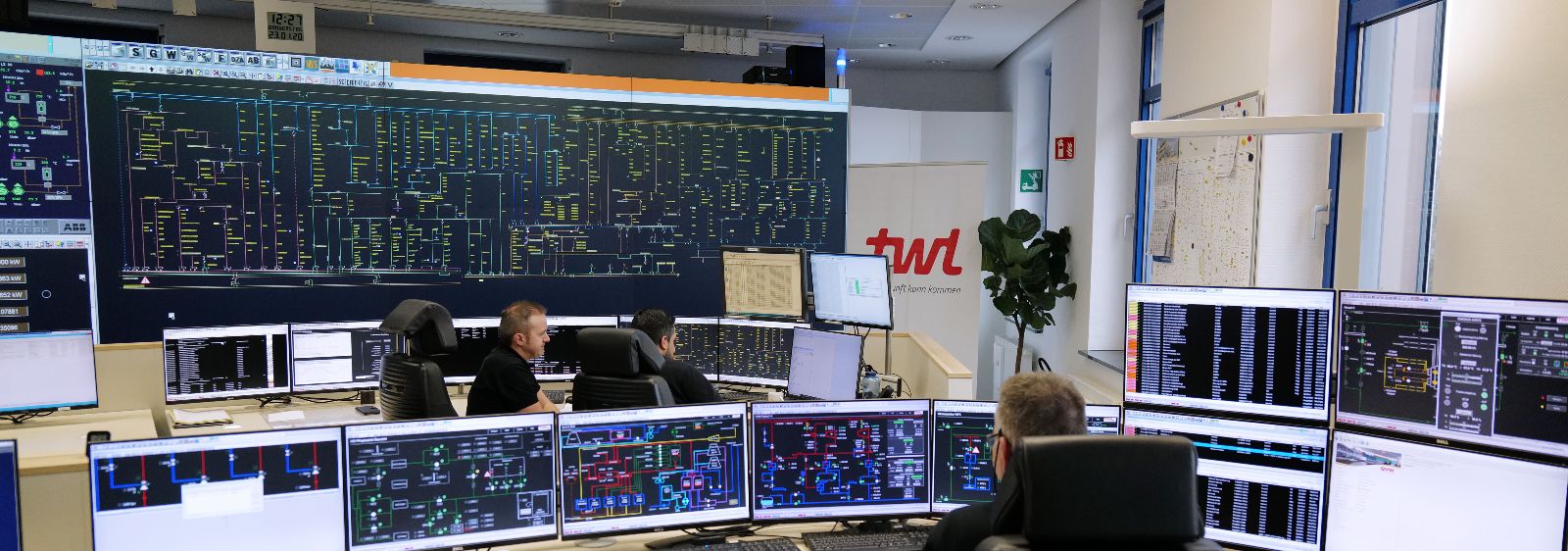
Dynamic heat grid simulation
Efficient operation of CHP district heating plants and heating networks
The aim of the research project is to sustainably improve the efficiency of the operations of combined heat and power district heating (CHPDH) plants with regard to ecological and economic aspects. In the process, new methods and software are being developed that incorporate district heating networks in their overall complexity and temporal dynamics in the operational control. A real-time simulation should help to optimally use the available equipment and operating resources in fluctuating demand situations at all times and to operate them as resource-efficient as possible. After mathematically modelling smaller standalone and sub-networks, the test models developed in the project will then be applied to TWL's entire district heating network.
Current tools for the operational support of CHPDH plants are primarily concerned with optimising the application of local resources. The district heating network is treated here in isolation as a structureless heat sink. When designing the pipeline networks, spatially high-resolution thermo-hydraulic models are used on the other hand. They examine specific load cases statically without considering the fluctuating impacts of interacting boundary conditions. Demand-based optimisation of the operational control is therefore currently not possible.
In view of the increasingly volatile electricity prices in the use of CHP plants, it is commercially necessary to decouple the generation of electricity from the heat demand time-wise. Such decoupling, however, enables district heating companies to use their pipe networks in a controlled manner as an energy store. This ultimately also enables considerable potential for negative balancing power to be made available to the electricity market by means of power-to-heat concepts.
The following institutions are involved in the DYNEEF research project:
GEF Ingenieur AG is responsible for the energy system modelling, designing and calculating district heating networks, generation plants and thermo-hydraulic district heating network models, as well as the potential and profitability analyses and marketing. Fraunhofer ITWM is focussing on the mathematical modelling (dynamic network model), the parametric model reduction and the software implementation. As a partner from the energy industry, Technische Werke Ludwigshafen (TWL AG) is contributing its know-how to the operational control of CHPDH plants. In addition, they are also responsible for measuring and providing the real data and testing the software prototype.
Research focus
DYNEEF is pursuing an integrative approach that incorporates district heating networks in regards to their overall topological complexity and temporal dynamics in the operational control of CHPDH plants. A real-time simulation should help to optimally use the available plants and operating resources at all times, taking into account fluctuating demand situations, and to operate them as resource-efficient as possible. At the same time the pipeline network itself will be integrated as a controllable element into the operation. This holistic optimisation initially requires a mathematical mapping of all relevant system components that is as accurate as possible. However, since this results in far too much variance for the dynamic calculation, the complexity needs to be greatly simplified, without causing measurable losses in the prognosis quality. To overcome this challenge, mathematical methods for parametric model reduction will be used.
Milestones and successes
Initially, smaller standalone local heating networks and district heating sub-networks within Technische Werke Ludwigshafen's supply area were modelled mathematically, and then simplified and compressed by means of parametric model reduction. The simulation results for these test models have already been successfully validated. In the next step, the same methods will be applied to the entire district heating network in Ludwigshafen.
24.11.2021
Fraunhofer-Institut für Techno- und Wirtschaftsmathematik ITWM
Webadresse: http://www.itwm.fraunhofer.de
E-Mail: info@itwm.fraunhofer.de
Tel.: +49(0)631-31600-0
Technische Werke Ludwigshafen AG
Webadresse: http://www.twl.de
E-Mail: info@twl.de
Tel.: +49(0)621-505-0


